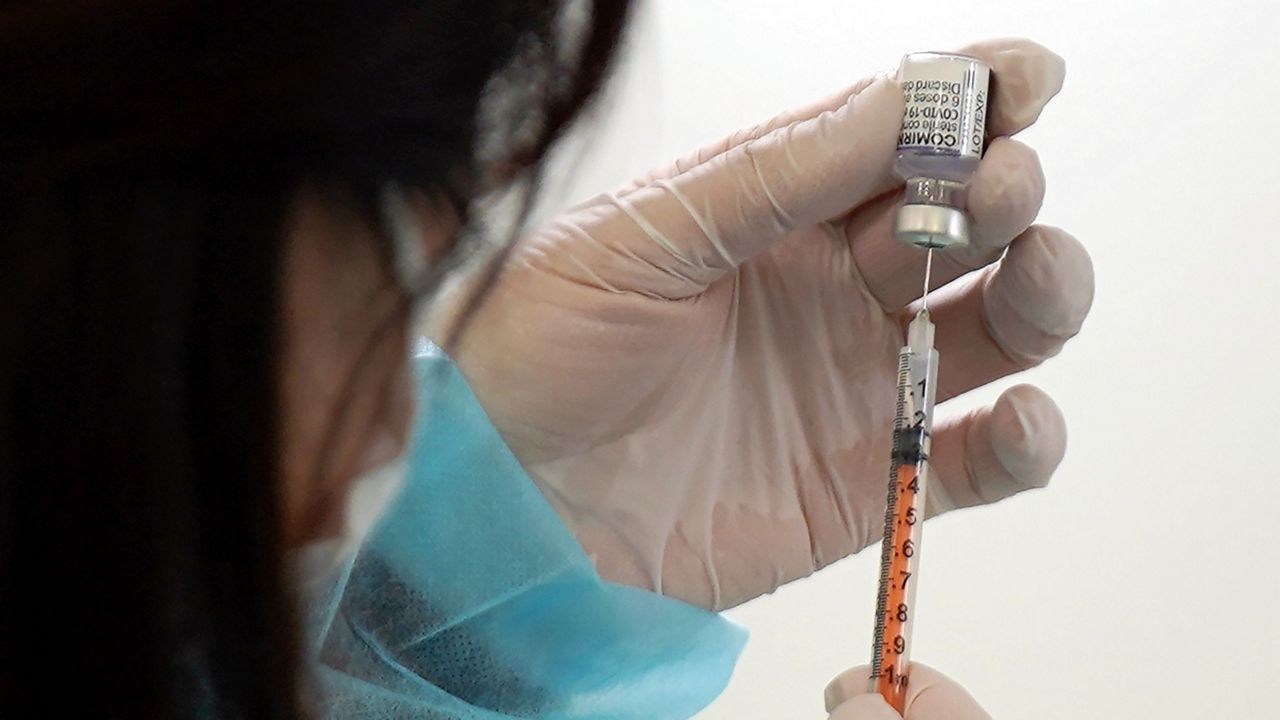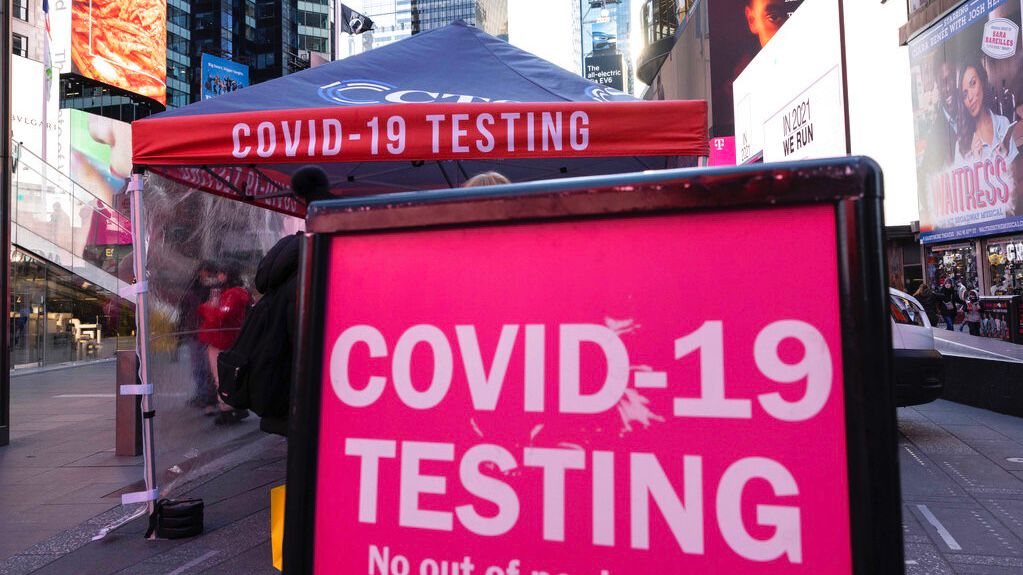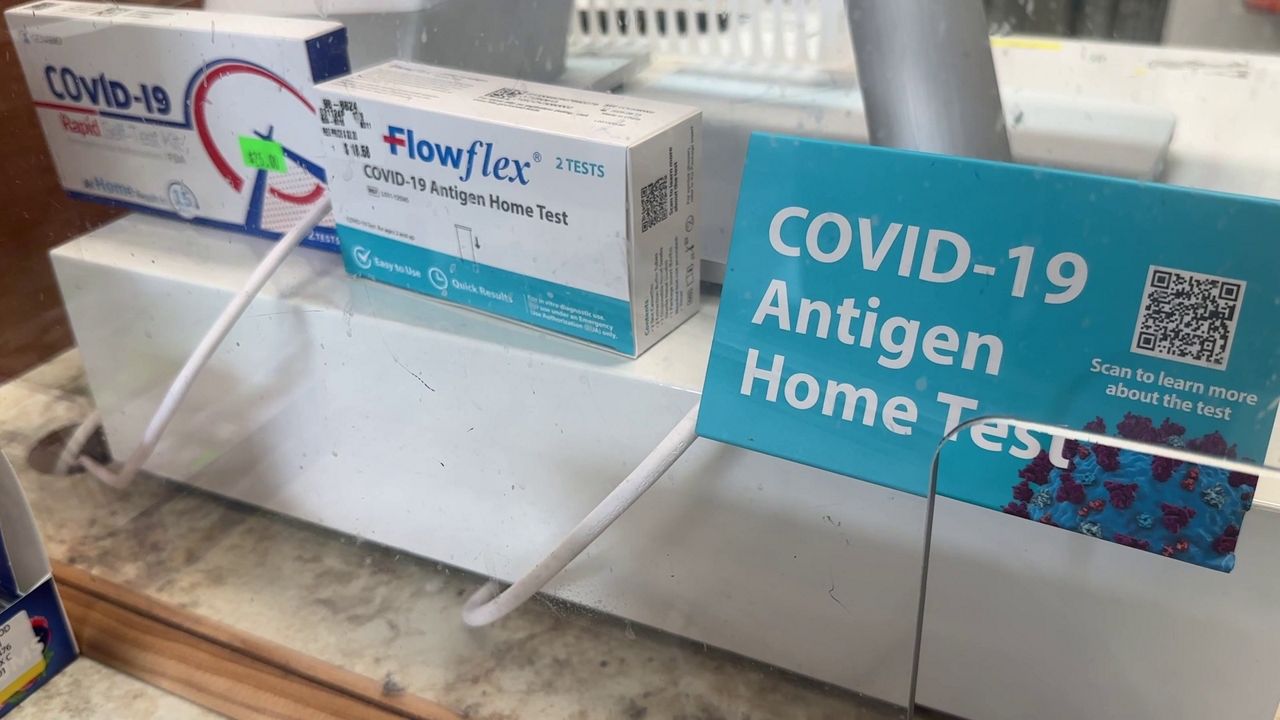People of color are facing two pandemics - Covid-19 and systemic racism.
What You Need To Know
- CORONAVIRUS LIVE UPDATES: In the Central Florida area | In the Tampa Bay area
- COVID-19 IMPACTS ON: Airports, Transportation Systems | Sports Events and Teams | Attractions | School Districts and Universities | Retailers, Restaurants Adjust Hours
- Life in the Time of Coronavirus: More Virginia Johnson stories
When asked, that’s how psychiatrist Dr. Janet Taylor describes life right now for people of color.
Dr. Taylor works at Centerstone of Florida, a non-profit mental health and addiction prevention and treatment organization.
Her fear for her clients of color — poverty and relapse.
“I work with a lot of individuals who are addicted to opiates, addicted to substances,” said Dr. Taylor. “And so I worry about their stress levels and isolation, leading them to use more.”
But Dr. Taylor says she is hopeful because of the conversations happening now about white privilege and systemic racism.
“So the extent that other people can learn, engage, you know, themselves, teach themselves, it's not just black people teaching white people about racism,” said Taylor, “then we can have more anti-racist, which means when you see something that happens, you actively do something, say something, and actively dismantle racism.”
If you or someone you love is experiencing thoughts of suicide or are in crisis, Centerstone has a Careline open 24/7 — at 941-782-4300.
The National Suicide Prevention Lifeline is 1-800-273-8255.









